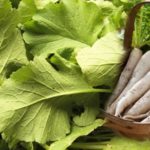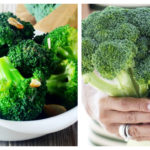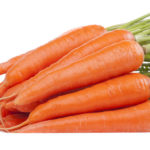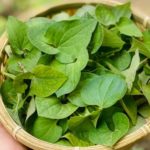Broccoli: Don’t Throw Away These Nutritious Parts!
According to nutritionists, just a small amount of broccoli in your daily diet can prevent diseases such as stomach ulcers, stomach cancer, diabetes, or digestive diseases…
All parts of the broccoli plant are rich in nutrients, so according to the advice of experts, take advantage and do not throw away the natural nutrients from this vegetable:
Don’t throw away the broccoli stem
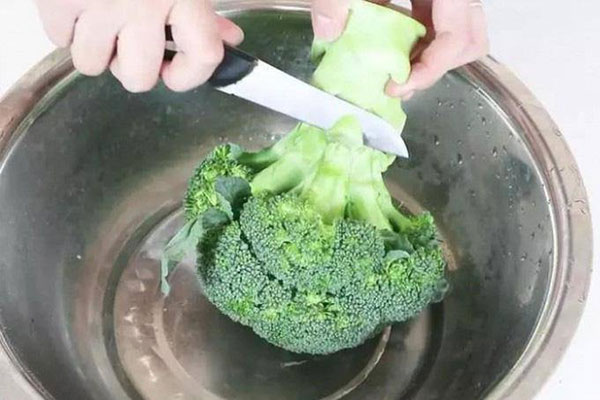
Many of us often cut off the broccoli stem because we think it does not contain nutrients that benefit the body. However, this is the most common mistake. According to experts, the stem contains more fiber than the broccoli florets and tastes even sweeter when cooked.
Therefore, you should cook the stem as well, which is best suited for stir-fries, soups, and salads. To avoid toughness, peel off the outer skin and cook it a bit longer.
Don’t throw away the young leaves
For broccoli, many people have the habit of throwing away the leaves, which is also a mistake that wastes a lot of nutrients. In fact, the leaves of broccoli contain a very high content of beta-carotene compared to other parts. This substance acts as an antioxidant and fights against cancer. Besides, it also contains a lot of vitamin A and C.
Statistics show that 30g of broccoli leaves can provide 43% of the body’s daily vitamin C requirement. Therefore, you should not throw away all the leaves, but use the young leaves for cooking.
Limit stir-frying and overcooking
Many people have the habit of stir-frying or boiling broccoli like many other dishes. However, this practice causes vitamins and minerals to evaporate and dissolve in water, resulting in the loss of nutrients.
To maximize the health benefits of broccoli, steam it lightly and consume it. Another way to absorb all the nutrients in broccoli is to eat it raw, but not everyone can do this.
Eating Half a Pound of Vegetables Is Better Than 10 Ginseng Roots: Unknown to Many, It Is Thrown Away
Most people only use the discarded root of this vegetable without realizing that the green leaves are actually a treasure trove of nutrients. Eating half a pound of these greens is better than consuming 10 ginseng roots.


























